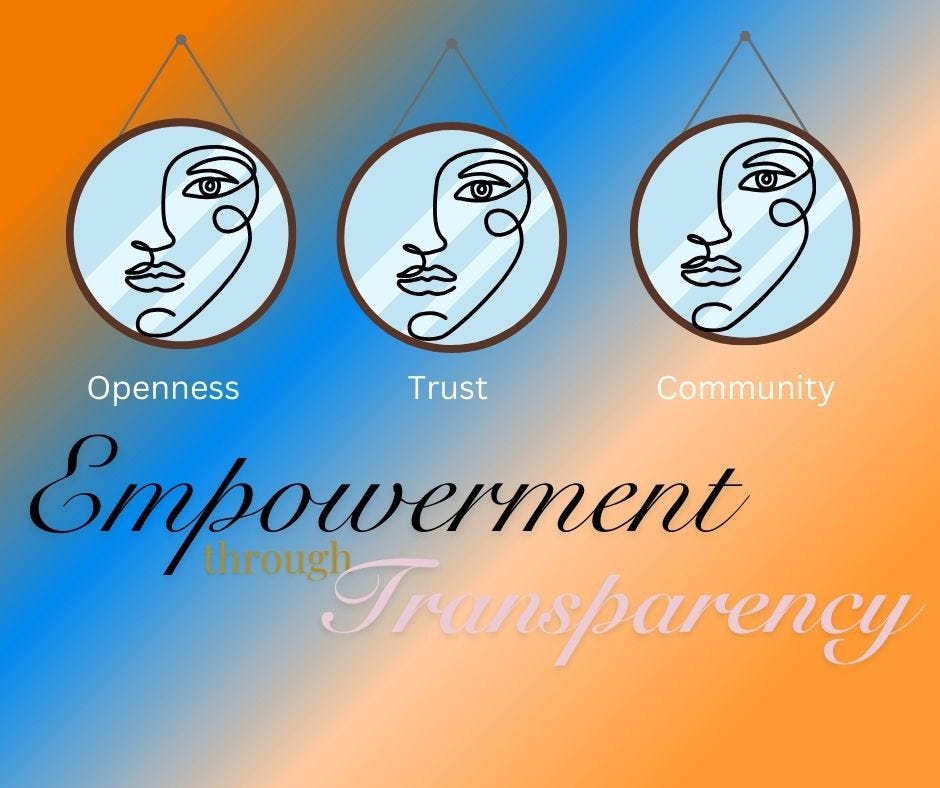How to Support Someone Going Through Breast Cancer
What I learned from the patient's perspective about what real support looks like
Insights for Empowerment
When you’re the one with cancer, you notice things.
You notice who shows up consistently and who disappears. You notice which gestures actually help versus which ones just make people feel better about themselves. You notice the difference between presence and performance.
Here’s what I learned from the patient’s perspective about what real support looks like.
What Actually Helped
The right people, not all the people.
I had to protect my energy early on. I couldn’t handle everyone’s questions and emotions. So I closed my circle tight.
The people I kept close? They showed up in ways that actually helped. They didn’t drain me. They made it bearable.
Some people need a large support network. Others, like me, need a smaller circle. There’s no right or wrong. What matters is that the people in your circle show up in ways that truly help.
Specific offers, not vague promises.
“Let me know if you need anything” sounds supportive, but it puts the burden on the person who’s already overwhelmed.
What helped? “I’m bringing dinner Tuesday at 6pm” or “I’m driving you to your appointment Friday.” Specific. Actionable. No decision required from me.
People who didn’t wait to be asked.
The support that meant the most came from people who just showed up and did what needed to be done. Meals appeared. The house stayed clean. Rides were arranged. I didn’t have to manage any of it.
Presence without pressure.
The people who sat with me in hard moments, who didn’t try to fix it or minimize it or rush me to feel better, gave me something invaluable. They gave me permission to not be okay.
Consistency over time.
The hardest part wasn’t always the diagnosis or surgery. It was the months after when everyone else had moved on but I was still healing, still on medication, still processing.
The people who kept checking in months later? Who remembered my follow-up appointments? Those are the ones who carried me through the long haul.
What Didn’t Help
Making it about them. Comments like “I don’t know what I’d do without you” forced me to manage their emotions when I could barely handle my own.
Unsolicited advice. I had doctors. I needed people to trust that I was making the best decisions I could.
Comparisons. “At least you caught it early” felt dismissive. My cancer was still terrifying. My experience was still valid.
Disappearing. Some people didn’t know what to say, so they said nothing. That absence was felt deeply.
What I Needed Most
Grace when I wasn’t myself. Some days I was scared. Some days I was angry. I needed people to understand that cancer changes you.
Help with invisible tasks. Insurance calls. Medical bills. Paperwork. Having someone help manage that mental load was a gift.
Permission to be a whole person. Some days I needed to talk about cancer. Other days I desperately needed to talk about anything else. The people who could read which day it was gave me moments of normalcy I craved.
Conclusion
Supporting someone through cancer isn’t a one-time gesture. It’s showing up on the hard days, the boring days, and the days when it seems like everything should be fine but isn’t.
Your presence matters more than your words. Your consistency matters more than your perfection. Your willingness to stay matters more than anything else.
Encouraging Nuggets
Scripture for Today: “Carry each other’s burdens, and in this way you will fulfill the law of Christ.” – Galatians 6:2
Quick Ways to Help:
Send a meal with a specific delivery date
Offer specific help: “I’m free Thursday, can I drive you?”
Drop off comfort items: soft blankets, button-up shirts
Set reminders to check in months later
Show up for boring follow-ups, not just big moments
What Makes the Biggest Difference:
Showing up without being asked
Being specific, not vague
Staying consistent over months
Making it about them, not you
Giving grace when they’re not themselves
Want More Guidance?
Remember: You don’t have to be perfect. You just have to show up. Your consistent presence matters more than you know.



Sage advice from one who knows. I appreciate the vulnerability and honesty of these words.